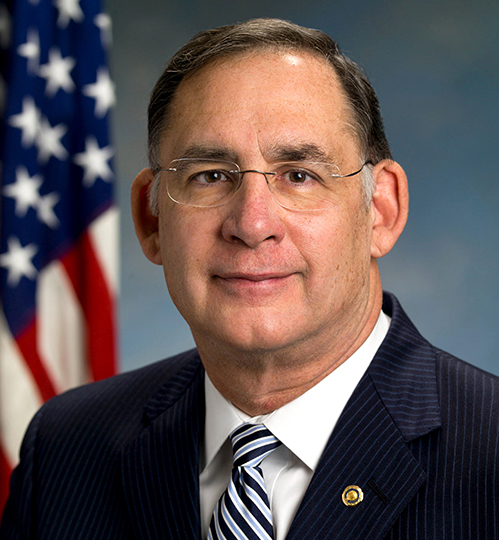"Being Patient talks to Dr. Pauline Maki about the effect of hormones on cognition and whether there is a link between estrogen, menopause and memory loss."
Posts tagged as “AD”
"Disruption of the sleep-wake cycle is a well-recognized symptom of Alzheimer’s disease, but recent research suggests that a disorganized biological clock may also be a key driver of neurodegenerative disease. An exploration of the circadian rhythm’s role in development of Alzheimer’s disease and other forms of dementia is among a flurry of findings to be presented this week at Neuroscience 2018, the annual meeting of the Society for Neuroscience underway at the San Diego Convention Center."

"Does a drug that could treat Alzheimer’s already exist? A new study suggests that people with Alzheimer’s given a diabetes drug had fewer signs of the disease in the brain than those who were not on the drug. Alzheimer’s has no cure or treatment that has been shown to reverse or stop its progression. But many doctors have equated Alzheimer’s to diabetes, suggesting that Alzheimer’s is actually caused by a problem processing glucose, even going so far as to call it Type 3 diabetes. The brain runs on glucose, using it as its main energy source. But too much of it can cause memory problems and speed up cell aging. "

"Getting diagnosed with Alzheimer's your 40s or 50s can be scary. A Mesa couple didn't run from it; instead, they embraced it. And early detection has made all the difference in empowering them with more options for treatment."
"A specially-designed memory test may help predict who develops Alzheimer's disease later in life. Jean and Kathy Norris-Wilhelm have been together 22 years. Jean started forgetting things, but it took two years of neurological testing to get an Alzheimer's diagnosis."

"Diane Flagg twists during a line dance class at the Edmonds Senior Center. Flagg, 71, who lost her husband two years ago, dances five times a week. Loneliness can lead to serious health problems such as heart disease, stroke and Alzheimer’s disease. You must sign in or register to continue reading content. The problem is considered so serious — and widespread — that it has its own Twitter hashtag #lonelinessepidemic."
"In many families, Thanksgiving dinner is a collaborative effort. Someone brings the Brussels sprouts, someone cooks up cranberry compote and someone arrives with the pumpkin pies. Maybe it’s time, experts say, to assign one dinner guest to keep an eye on your family member who has Alzheimer’s disease or other dementia. Otherwise, that relative may end up sitting alone, staring into the distance, as others mingle after the meal."

"Test Biogen (BIIB) and Japanese partner Eisai may be at odds in developing a treatment for Alzheimer's disease, an analyst said Monday after a paradoxical presentation last week. The two are collaborating on BAN2401, an experimental Alzheimer's disease drug. But test results unveiled last week showed BAN2401 may only work in a small subset of patients. Leerink analyst Geoffrey Porges suggested Biogen would be better off focusing on its own drug, aducanumab. Most companies would likely advance BAN2401 into Phase 3 studies, Porges said in a report to clients. But aducanumab seemingly has a better profile than BAN2401. Both belong to the same class of drugs which aim to reduce the buildup of toxic plaque in the brain.""

"In this guest column, U.S. Sen. John Boozman discusses the push by Congress to help find a cure for Alzheimer's and dementia. Gabbie, a 10-year-old Bentonville resident, has been raising money for the last three years for Alzheimer's and dementia research. She recently wrote to me about her dedication and support in the quest to find a cure for her father's dementia. Her tremendous efforts are inspiring and I am proud to say that Washington is supporting the search for a cure. This Congress, we dedicated record-level funding to dementia and Alzheimer's disease research in hopes of helping Gabbie and others whose loved ones have been devastated by this cruel disease."

"Immunoelectron microscopy image of accumulated tau protein on cell membrane. Credit: Henri Huttunen Researchers at the University of Helsinki have discovered a mechanism by which harmful tau protein aggregates are transmitted between neurons. Alongside amyloid plaques, tau aggregates in the brain are a significant factor in the progression of Alzheimer's disease. Alzheimer's disease is associated with two neuropathologies: amyloid plaques and tau aggregates, or tau protein accumulated in neurofibrillary tangles in neurons. Brain amyloid plaques are the better-known pathology, but the significance of tau to disease progression is equally important."
